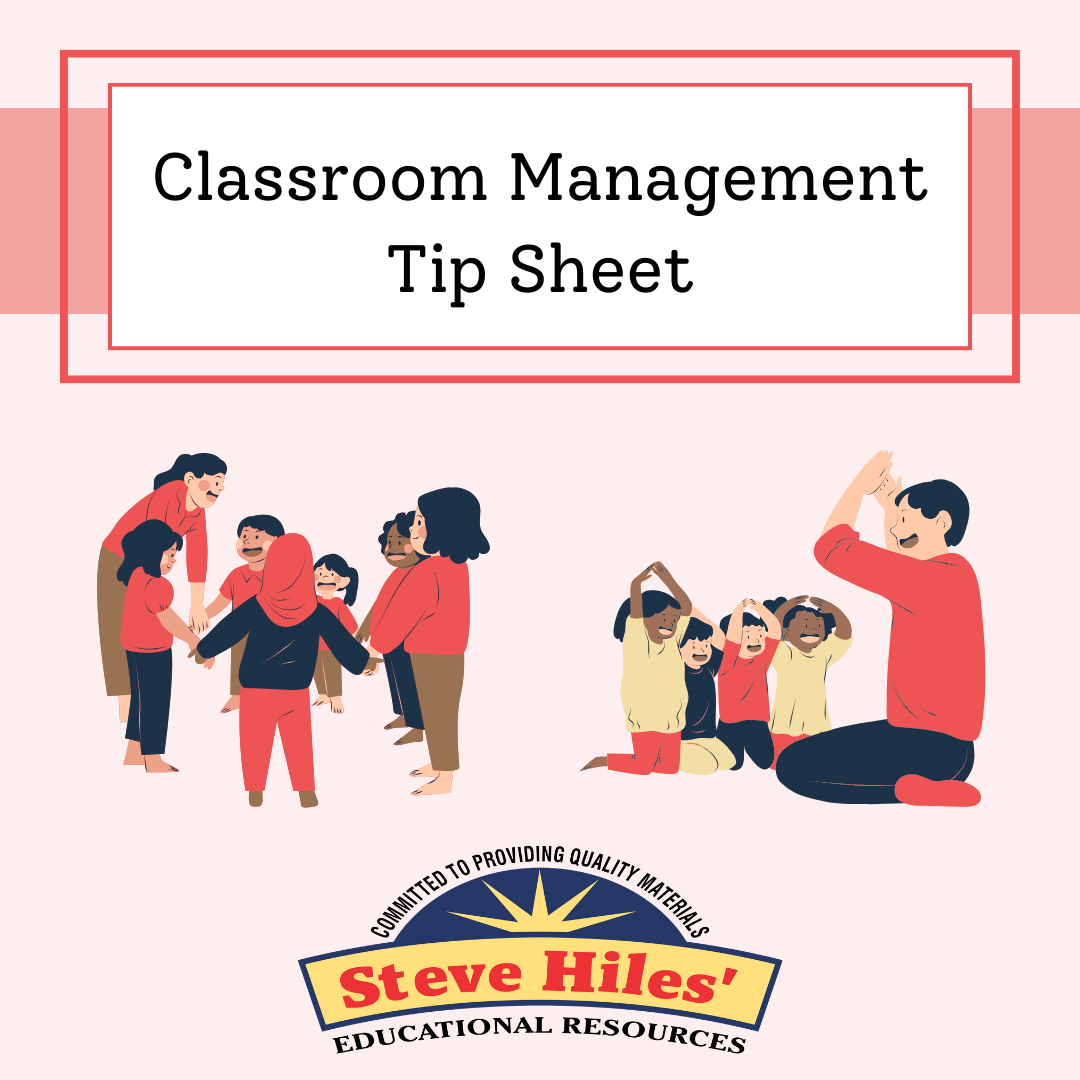Teaching is a delicate matter, it takes courage, effort and an endless amount of patience. New teachers leave the profession a lot of times because of stressors that stem from classroom management and a heavy workload, or lack of admin support.
At the outset of a new career as an educator, it’s normal to struggle with feelings of insecurity about your ability to manage your classroom. You may think, for example, that if you’re too nice, your students won’t respect your authority.
Still, it’s possible for you to create a warm, friendly classroom and gain your students’ respect at the same time. Allowing your students to make simple decisions, such as which assignment to do first, will improve your chances of developing a cooperative classroom and give your students a boost in confidence.
Teachers are human beings and teaching is a profession that deserves all the respect it can get and expecting a certain level of understanding and behavior from their students.
Each classroom and school will require the development of a unique set of expectations, such as every teacher wants their students to follow classroom rules, they expect them to be on time and stay punctual. Every student comes to the class prepared, respectful towards their peers and teachers. They return assignments on time, stay at the end of the day in the class until the teacher dismisses them. Participate in discussions that take place in the class, Stay seated during classroom activities and events, Help each other. Work quietly and follow directions. Raise their hand before speaking. Now of course, these are just some of the things that teachers expect from their students.
Obviously, you want to see your students succeed, but at the same time you may feel pressured to get through the curriculum and may not devote sufficient time to learning about your students’ personal abilities and interests. Before barreling through the content, get to know your students so you can better comprehend what to expect of them. Starting with the first day of school, create an open dialogue with your students and encourage them to share information about themselves. For example, ask the students to pair up and interview each other, and then share what they learned with the class. Community building activities are a great way of doing this.
Practicing Self-Management Skills
To build confident, independent students who can think for themselves, practice self-management skills early on. If you plan to have your students participate in learning centers and small groups at some point, they will need to practice working independently. It may take weeks to build independent learners. If this is the case, then hold off on the learning centers and small groups until your students are ready.
Keeping It Simple
When you keep routines and independent work simple, you’re helping students to build their confidence and self-management skills, which in turn will help them become more successful learners. As these skills become more ingrained in your students, you can increase their workload and their access to a greater variety of academic materials.
The reason teachers have to practice skills to maintain their students disciplined is because students do not just agree with their teacher to follow the rules of the class, or act in a responsible way and stay respectful towards their peers as well as teachers. Teachers have to inject the idea like planting a tree, so students can develop a deeper perspective over time.
Teachers work hard to provide quality education for their students and when their class turns out not making an effort to keep the environment of the class healthy it becomes a let-down for teachers and for that reason some lose their motivation and eventually leave the profession.
When teachers first enter their classrooms they expect that students will behave, yet some classroom management courses make assumptions that every student will be waiting anxiously when the teacher gives instructions. One minor detail that’s always skipped in those courses is students don’t always respond to us the way we think they will. In fact, some of them actually completely ignore us. Some will roll their eyes, and some will be extremely disrespectful. Some might even sleep in class or text through the lesson, or daydream during class. Some just flat out refuse to do the work.
But wouldn’t it be great if you had a pack of all the right tools and information so you can leverage your skills and expertise to help your students?
Teachers want students to come to class each day ready to learn. They want them to come prepared, focused, and motivated. They want students to enjoy the learning process and to be active participants in their learning.
Teachers want students to be respectful. They want students to respect their authority. They want students to respect each other. They want students to respect themselves. A respectful and trusting environment allows teachers to maximize learning opportunities each day.
Teachers want students to understand that the concepts they are teaching them are meaningful. They want their students to make real-life connections. They want their students to see the big picture and to understand that they truly are there because they want to make a difference.
Teachers want students to be critical thinkers. They want students who desire to understand the process of finding the answer as much as the answer itself. They want students who don’t put their best foot forward, and are as invested in learning as the teacher is in teaching.
Teachers want students to recognize individual strengths and weaknesses. They want students to apply their strengths so that others in the class can learn from them. They want students to be aware of their weaknesses and to make a continuous effort to improve upon those weaknesses.
And last, the only thing that teachers look for is respect and compassion from their students who appreciate their efforts by working hard and proving it to the teacher who taught them all year long.







